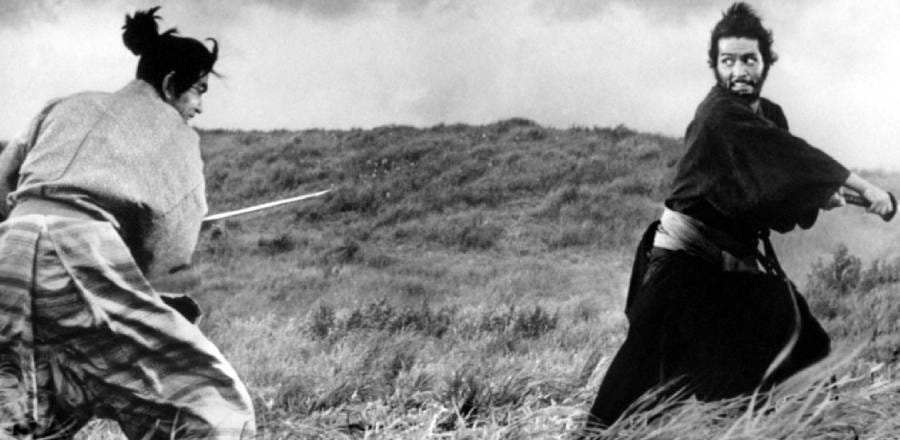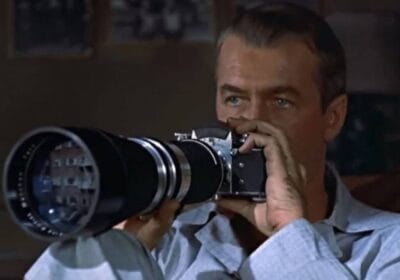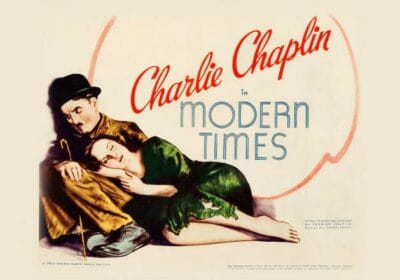Harakiri, also known as Seppuku, is a Japanese ritual suicide that was practiced by Samurai warriors. This ancient tradition is the subject of Masaki Kobayashi’s 1962 film, Harakiri, which explores the themes of honor, death, and tradition in the feudal society of 17th-century Japan. The movie was a critical and commercial success, winning the Special Jury Prize at the Cannes Film Festival and becoming a landmark of Japanese cinema. In this article, we will delve into the movie’s themes, characters, and legacy, and analyze its impact on cinema.
Table of Contents
Themes
Harakiri is a movie that deals with several themes, including honor, deception, and sacrifice. The story follows the ronin, Tsugumo Hanshiro, who visits the Iyi clan’s castle and requests to perform harakiri. However, the clan’s samurai, who believes that Tsugumo is bluffing, tells him the story of another ronin, Chijiiwa Motome, who requested to perform harakiri and was forced to go through with it, despite having a bamboo sword. The story reveals the clan’s cruelty and lack of honor, and Tsugumo decides to seek revenge by telling his own story of deceit and sacrifice.
The movie portrays the samurai as trapped in a society that values honor and tradition above all else. The samurai’s code of conduct, known as Bushido, requires them to be loyal to their lord, even if it means sacrificing their own lives. However, the movie questions the morality of such a code, and whether it is worth it to die for an unworthy cause. The theme of honor and deception is further explored through the character of Tsugumo, who challenges the clan’s notion of honor by exposing their hypocrisy and revealing the true nature of his own sacrifice.
Characters
Harakiri features several memorable characters, including Tsugumo Hanshiro, the protagonist, who is played by Tatsuya Nakadai. Nakadai delivers a powerful performance as the ronin, portraying a character torn between his sense of duty and his desire for revenge. The supporting cast includes Rentaro Mikuni, who plays the samurai leader, and Akira Ishihama, who plays Chijiiwa Motome.
The characters in the movie are well-developed and fleshed out, each with their own motivations and backstories. The movie’s characters are not one-dimensional, and the audience can empathize with their struggles and dilemmas. The movie’s exploration of the characters’ inner turmoil and their conflict with the society they inhabit makes them feel more relatable and human.
Legacy
Harakiri has had a significant impact on Japanese cinema and has been influential in shaping the Samurai movie genre. The movie’s portrayal of the samurai as complex, multi-dimensional characters, rather than one-dimensional caricatures, has been emulated in many subsequent films. The movie’s use of flashbacks and nonlinear storytelling has also been influential, as it allowed the filmmakers to reveal the characters’ motivations and past experiences gradually.
The movie’s themes of honor, sacrifice, and deception have resonated with audiences around the world, and the movie has been hailed as a masterpiece of Japanese cinema. Harakiri’s influence can be seen in many subsequent movies, including the iconic Kill Bill series, which pays homage to Harakiri in several scenes.
Conclusion
Harakiri is a movie that deserves to be seen and appreciated by anyone interested in Japanese cinema or the Samurai movie genre. The movie’s themes of honor, sacrifice, and deception are explored in a nuanced and thought-provoking way, and the movie’s characters are well-developed and relatable. Harakiri’s influence can be seen in many subsequent movies, and the movie remains a classic of Japanese cinema.





